Besides family time with my husband and cat (and playing video games), the only thing I honestly love doing is making art. Whether that's CSS/HTML web art, writing books, making music, painting or otherwise—I'd rather spend time making art than making money. Which is something all artists agree on; if we had limitless time to create art, that's what we'd be doing.
But it's not the output of art that artists seek once they get over the first skill hill. It's the process. Finding the exact thickness of line, the perfect color palette, mixing a landscape, playing with texture. Art is learning through play, art is health, art is the oldest form of communication and art might even save the world (if we let it).
Artists all strive for good results, yet not only is that a subjective metric, but it's not the most important part of the process. Not by a long-shot. Repeatedly learning from failure is a core feature, which is an invaluable skill to nurture for just about anyone, really.
My background in the arts isn't limited to making it, however. I hold an art education degree and won a teaching award from pre-practicum days. Not only that, but I have a past life as a gallery artist. To make it simple: Art is my core area of expertise, not technology. Though my background in tech does lend unique insight into the AI Art app problem. Which boils down to: Why did tech automate art-making when that isn't something artists want?
If the process of creation is a huge part of art, why limit that to the click of a button? Why create an app that plucks art from unsuspecting creatives all over the internet and remixes their work, sans attribution? Why insist art must be democratized, when it's easier than ever to learn art these days?
To tackle these questions, one must first know that it was very possible to include artists in the AI Art app equation. As a project manager with a UX background, artist adoption of tools was on the table. Outreach for contribution with an incentive—stakes, virality, credit in white papers—was not only possible, but possibly beautiful. The creators of AI Art tech would know this if they'd spent any time with artists, but it's obvious that this didn't happen.
Artists want people to see their work, gain meaning from it, and engage. We want to inspire others, and often provide free brushes, video tutorials and templates for just that purpose. Art is a communal activity and draws inspiration from the entirety human history, after all. The only requirement is that you try. You take those first few scribbly steps and keep going.
But AI Art apps don't allow you to hone creative skills. All they do is provide output based on keywords. Output from data. Data known as art made by human artists. Human artists from DeviantArt, Tumblr, Behance, Artstation and more—that all had no idea their work had been scraped for app development.
Then large-scale AI Art apps went into monetization mode. Monetization made possible only because artists exist. To my trained eye, this doesn't look like a real pain point being solved. It looks like entrepreneurs stealing, hoping nobody catches on. But artists did catch on, and most of us are less than thrilled about it.
There are a few "artists" who support AI Art apps outright. They've told me "disabled artists can now create without barriers," which throws every disabled artist (including myself) under the bus. They've even said "the poor now have access to art," when it's widely known that many artists are poor. They've stated "art is for the elite," when artists are often at odds with elite art institutions due to gatekeeping. None of these points hold water.
The barriers in place for the arts are systemic. Artists themselves pose no restrictions to the act of creation. In fact, the act of creation has less barriers now than ever before. With basic bic pens, crayons, charcoal, pigmented stone and so many digital, accessible tools—nothing is stopping you from making art except for lack of time. Lack of time which capitalism causes—not artists.
Capitalism is also often at odds with artists, because art occupies the gift economy. Artists make an unspoken deal with capitalism, effectively asking to contribute economically with their self-made work. If capitalism believes the work can be monetized at-scale, artists are invited-in. This has hegemonic implications due to what art is allowed to sell, which is why many artists consider this metaphorical handshake a deal with the devil. A deal we have to make to survive.
So if the problem being solved by AI Art generators is not creation, accessibility, or institutional barriers—and said apps pose countless ethical issues—what pain point is truly being solved? That's easy: technologists wanted to break social contract with artists for business aims. And they did this by pulling the single largest act of creative plagiarism the world has ever seen.
If AI Art generation becomes the gold standard, most artists can't compete. They won't be able to enter the economy with their work. They will be required to use tech's tools to match the speed of AI, and many will have to pay app fees to do it. All the while plagiarizing peers, unless they have the chops to train AI on their own. Which is oceans more inaccessible than printer paper and a bic pen.
Not only that, but tech convinced consumers that AI Art generation would benefit them. When that couldn't be further from the truth. When you train AI on the same data over and over again, the long-term results are unsurprising: a flattening of creativity. Moreover, with less artists able to enter capitalism, novel creative works don't happen. In a sea of flat, plagiarized media, all consumers will see is content controlled by businesses.
Worst of all, this feels deliberate. Call me a conspiracy theorist if you want, but it's very suspicious that tech swooped in with AI just as fascism yet again decided to wage war against marginalized, integral art. The goals align: subsuming human creativity for control, profit and domination.
That's what all of us have to look forward to if tech doesn't smarten up, accept the real problems with AI and fix them. Sadly, this AI story only ends one way if they don't act: dystopic. I can only hope that marginalized superheroes eventually clean up tech's AI mess. Certainly, the hubris of the powerful creates problems only outsiders can solve. And that's the real pain point of life, isn't it?

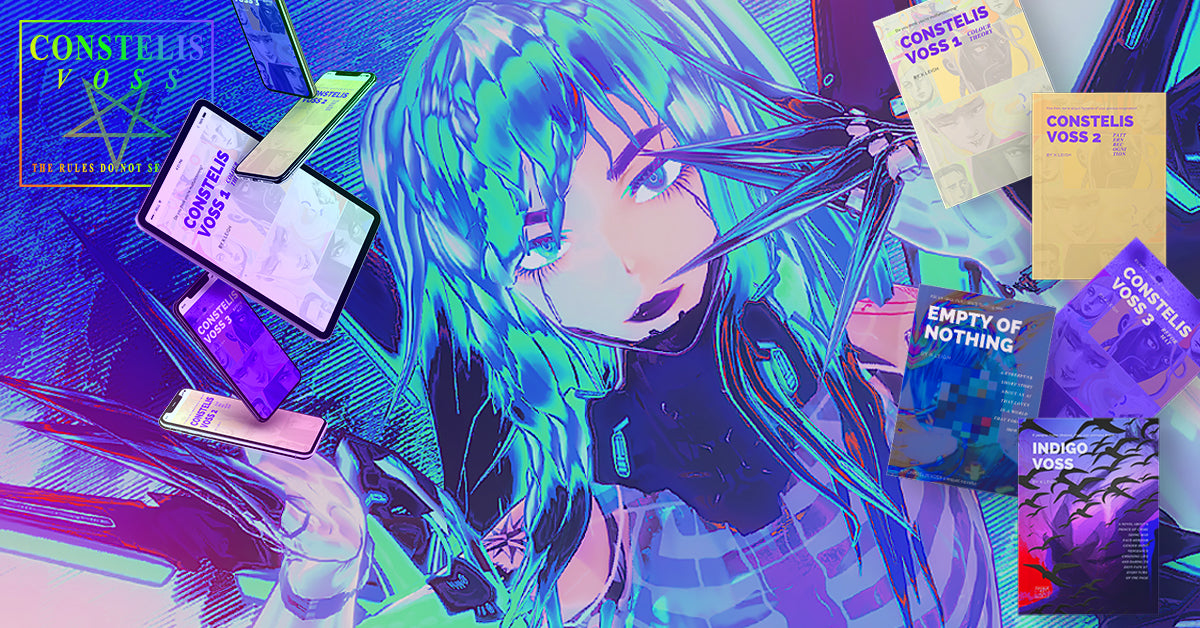
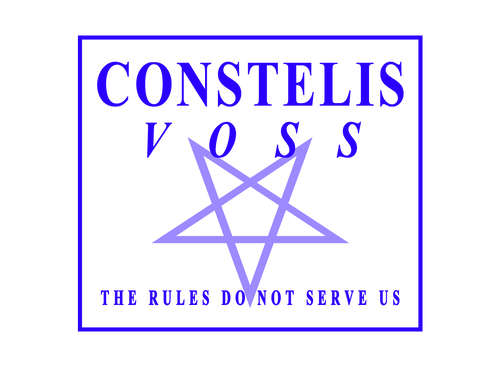

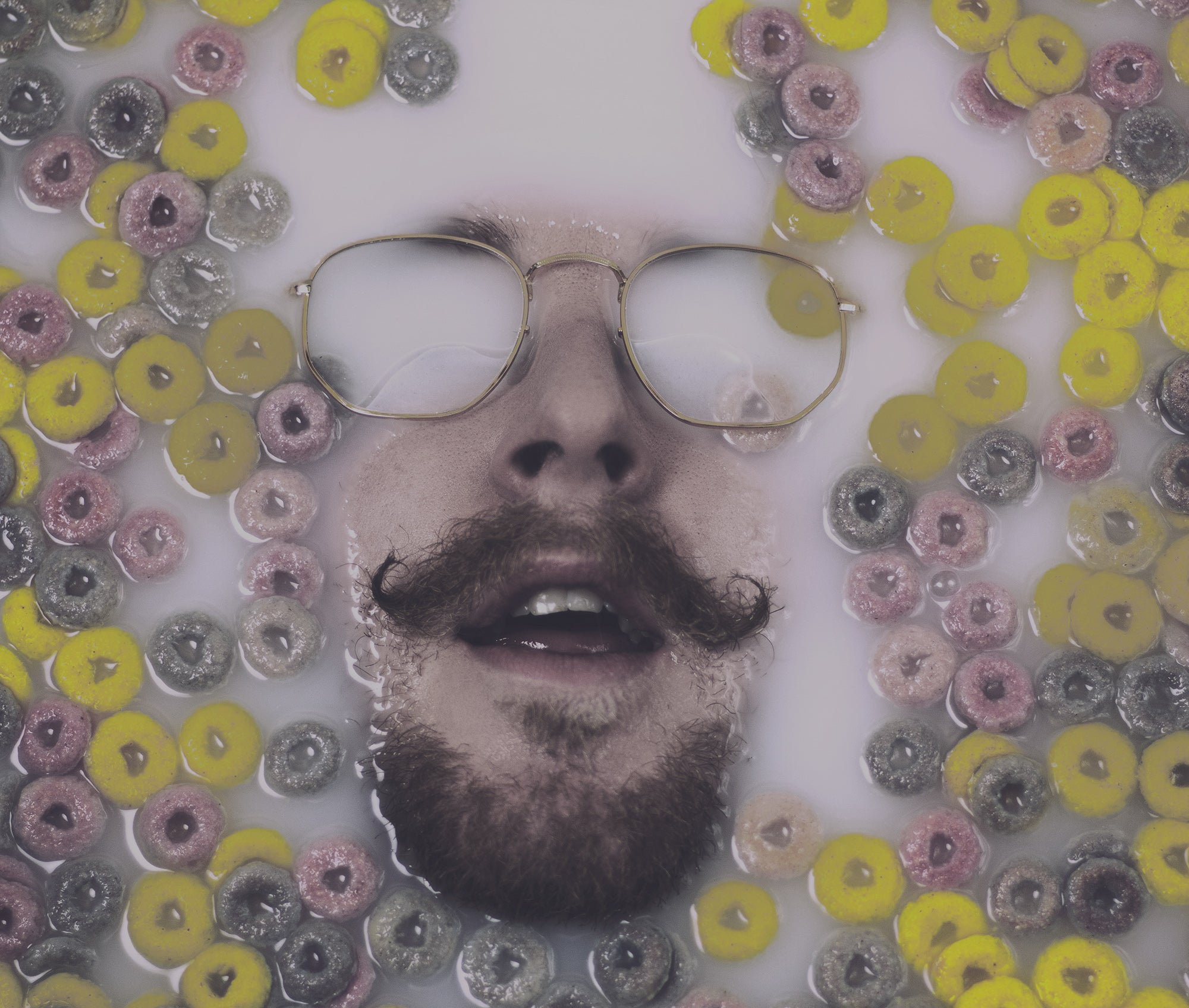

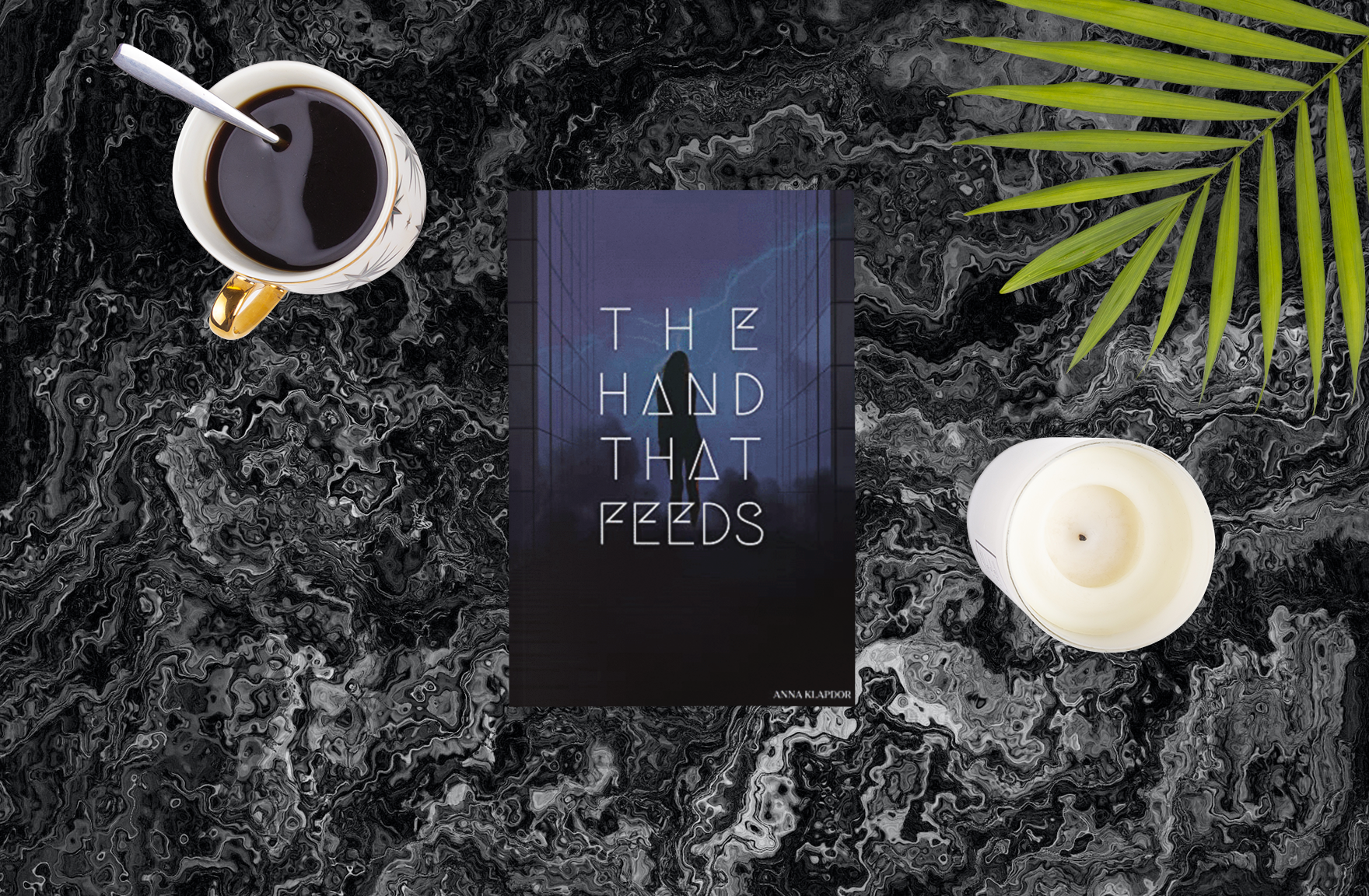
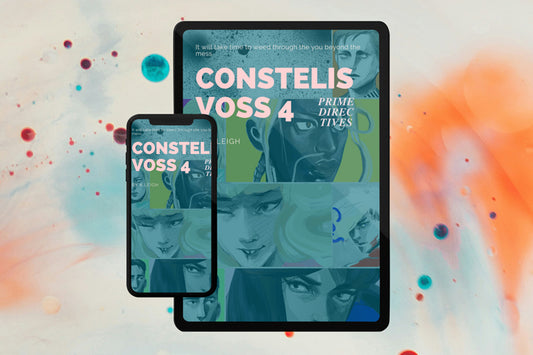
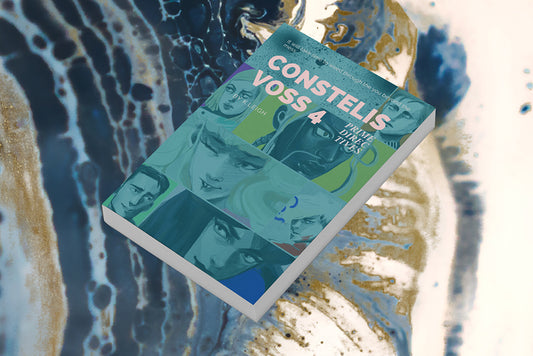
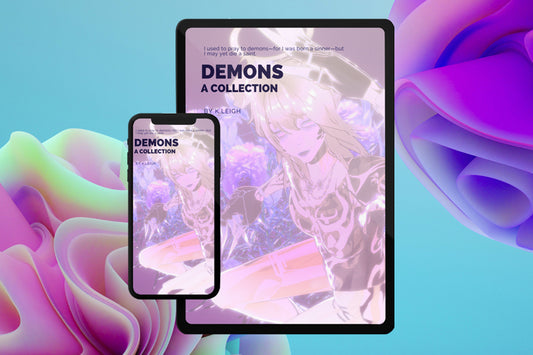
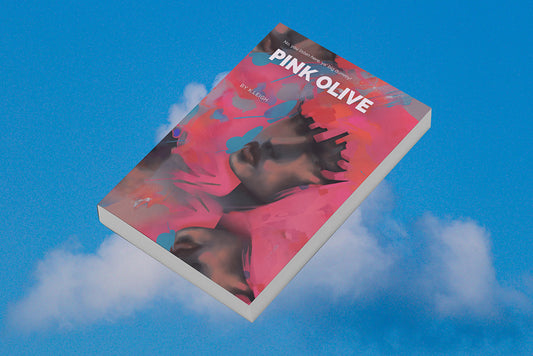
1 comment
The tech capitalists pushing AI art without including the artists can eat a bag of dicks.